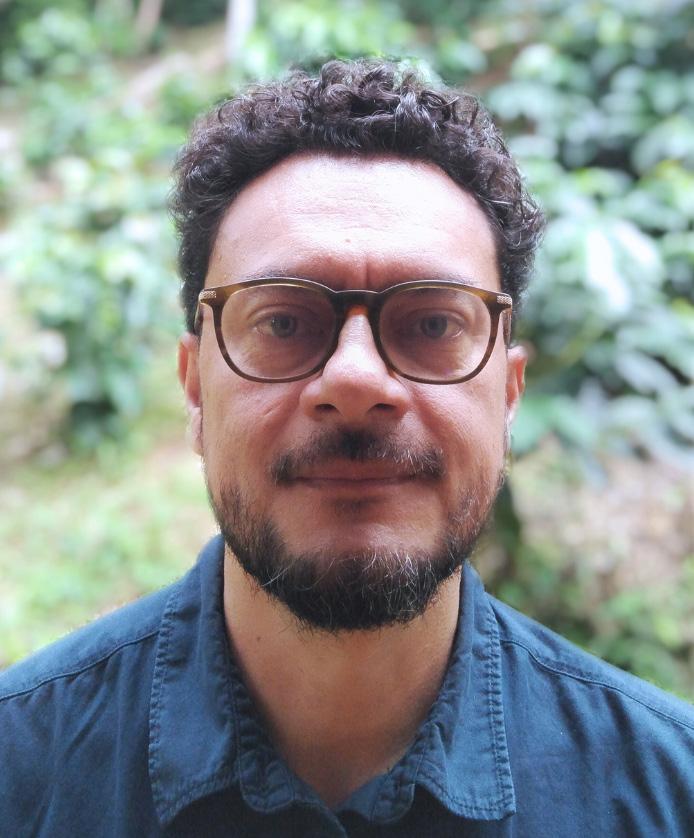
3 minute read
Welcoming Jairo Baquero-Melo
Dr. Baquero-Melo completes his first semester as Center-based faculty
Q: What is your research and writing about?
JAIRO BAQUERO-MELO: I have been working on several topics that have allowed me to collaborate with actors and organizations across different regions in Colombia. One of my current projects involves synthesizing results from fieldwork and research experiences I have conducted, primarily in relation to so-called transitional processes underway of the implementation of the Peace Accord in Colombia, as well as recent political changes. Building on my previous work on violence and inequalities in regions such as Choco, I am interested in local agendas of communities working in the search of alternatives to war-related economies. My interest is in local initiatives that aim to link inclusion and peace, and broadly contribute to solve ecological crises. I aim to shed light on the efforts and knowledge of indigenous people, Afrodescendants and peasant groups.
A number of my current publication works are focused on coca crop substitution, the integration of communities into just value chains, agroecology, agrobiodiversity, and economic alternatives for women and youth populations. Another field of inquiry is related to labor studies, connected with analyses of informality, labor regimes, and agrarian economies. I’m focused on the relation between labor and ecologies, including the effects of extreme climate events in the situation of vulnerable workers in Latin America.
Q: What were you most excited about starting a new job at UF?
JBM: When I decided to join UF there existed several reasons. Besides it represents a new personal and professional challenge, another motivation is tied to the scholars that have studied and worked in this university as well as current Faculty. In different periods, outstanding academics have made relevant contributions to different fields of study such as sociology, environmental studies, agrarian studies and Latin American Studies in general. I think it is not a coincidence. UF has offered an interesting and stimulating academic atmosphere, building dialogues and bridges between the academia and society, with a strong Latin America focus. I am interested in drawing on that legacy and institutional memory to develop new projects.
Q: What has been most rewarding in your first semester?
JBM: Since I started this process, I’ve had the opportunity to meet and know some students from the Center of Latin American Studies. The academic quality of its students is a notable strength and a defining characteristic of the Center. It brings together students from different backgrounds and interests, who serve as a source of critical and engaged thinking. I hope this continues to thrive over time. Another meaningful aspect has been the learning process related to academic life, and having the Center as a hub for encounters with guest speakers and visiting scholars. I am also grateful to the faculty and administrative staff, who have helped facilitate my adaptation process. UF's infrastructure is impressive, and Gainesville is a fascinating place to live—rich in natural beauty, local landscapes, and biodiversity.
Q: What are your teaching styles and goals for your classes?
JBM: In Spring I taught a course on Environmental Justice and Development in Latin America. For Fall 2025 I’ll offer courses on Environmental Peacebuilding [embedded in the Celebration of Orlando Fals-Borda Year], and on Consumption and Social Change in Latin America.
As a scholar from Latin America, I aim to connect different goals. We come from countries and regions with multiple social issues and our academic work responds to having in mind a social responsibility of contributing to understanding, analyzing and offering proposals to solve social issues.










